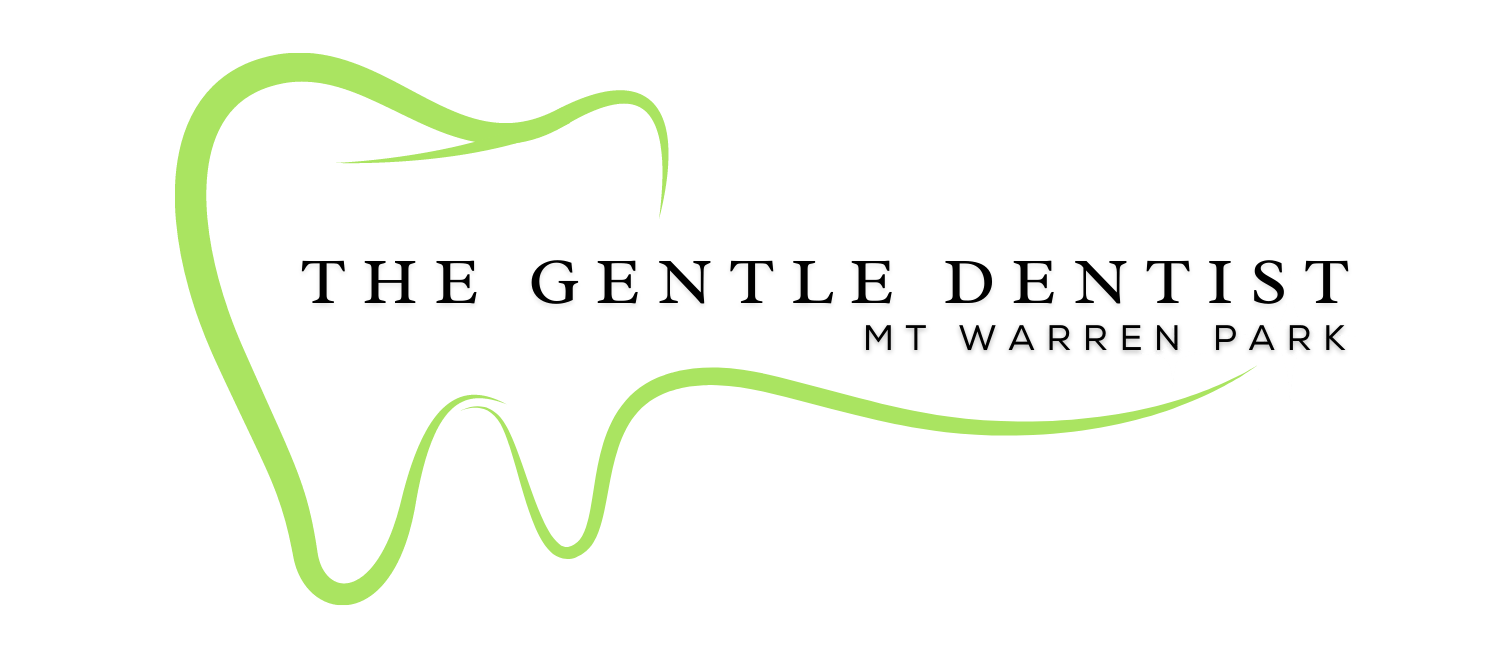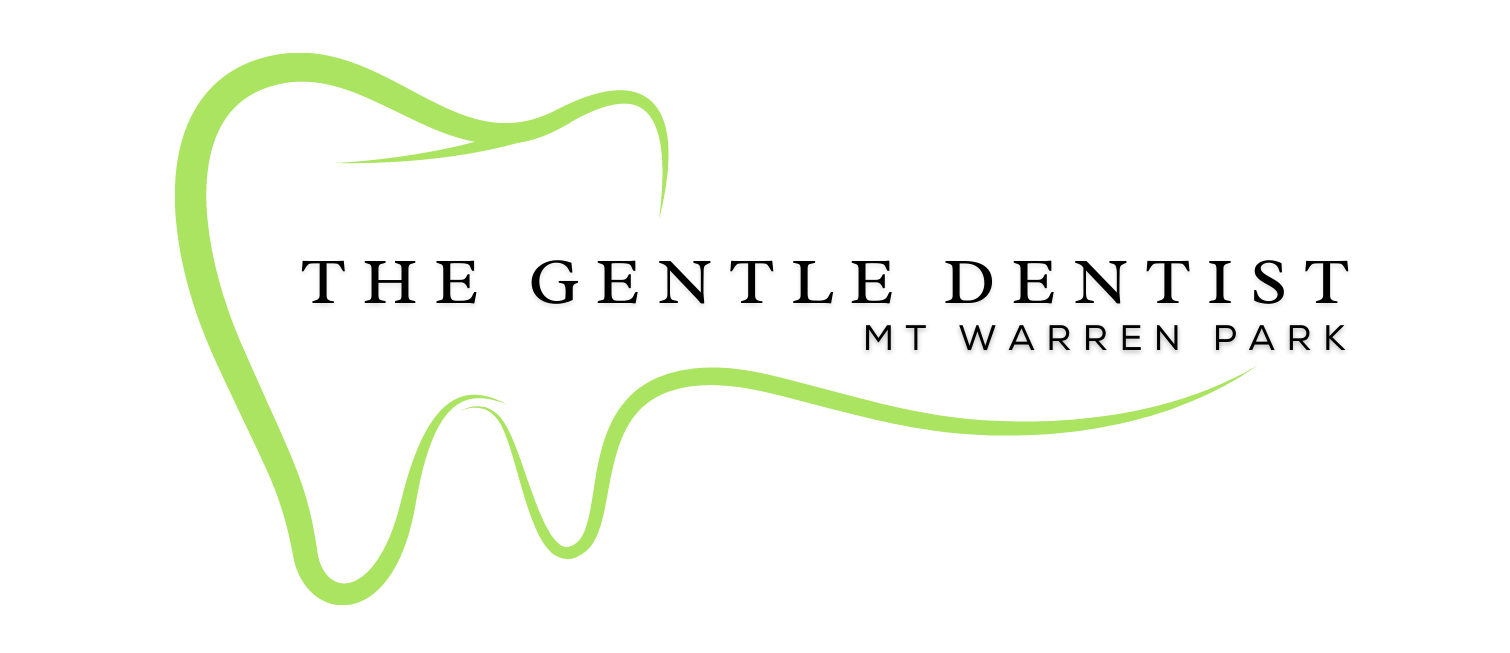What is Bruxism?
Bruxism is the term used to describe teeth grinding and clenching and is a type of jaw joint disorder. It is characterized by pain and dysfunction as a result of problems with the jaw joint and/or the surrounding facial muscles that control chewing and movement of the jaw.
Bruxism results in symptoms such as face, teeth and neck pain, headaches, damaged teeth, limited opening of the mouth, clicking of the jaw joint or ear pain. The exact causes of bruxism are different for each person but left untreated, symptoms and damage to teeth can worsen and become more difficult to treat.
There are several options for treating bruxism and depending on the causes, may involve medication, a night guard, muscle relaxant injections, massage and exercise of the joint and associated muscles, orthodontic and dental treatment, or referral for specialist surgery.
What’s involved?
The best results can be achieved by treating the overactive muscles involved in the clenching and grinding as well as protecting the teeth from further damage.
A custom made night guard begins with having impressions taken. This is a short appointment and your night guard will be ready within a week. Wearing a night guard can help prevent the teeth from damage caused by clenching and grinding during sleep.
To treat the overactive muscles, small painless injections are given to help relax the muscles and stop the clenching and grinding habit. Muscle relaxant injections also involve a short appointment and the effects of the injections will begin to become noticeable after a week. These injections temporarily relax the muscles and may need to be repeated within 3-6 months to keep the muscles relaxed.
What is the long term prognosis?
If treated early and regularly maintained, further pain and damage to the teeth and jaw joint can be prevented. Left untreated, Bruxism can cause severe dysfunction and pain with irreversible damage.
Please feel free to discuss any further queries you may have with your Gentle Dentist.




